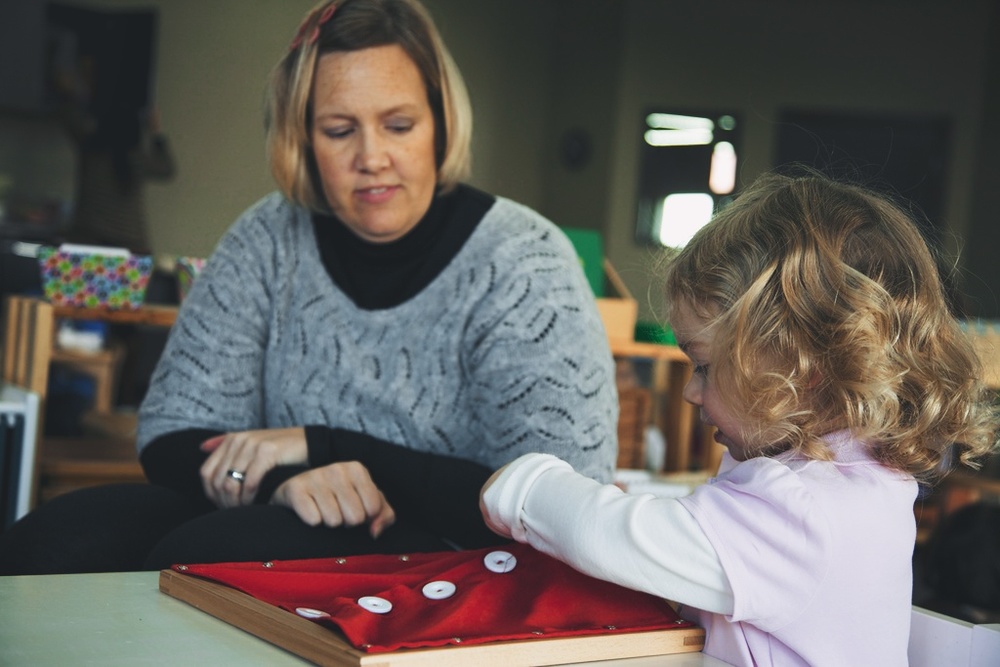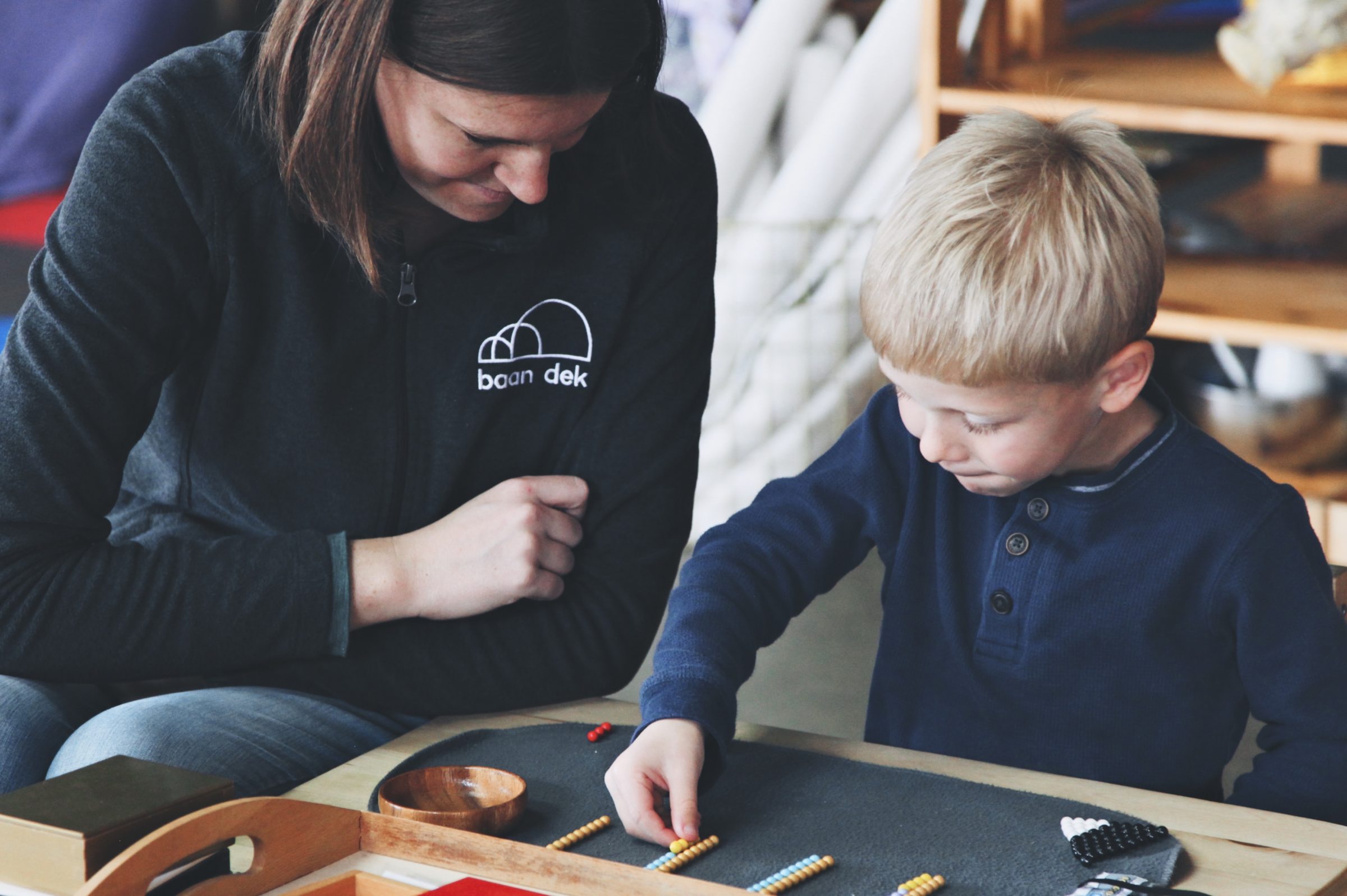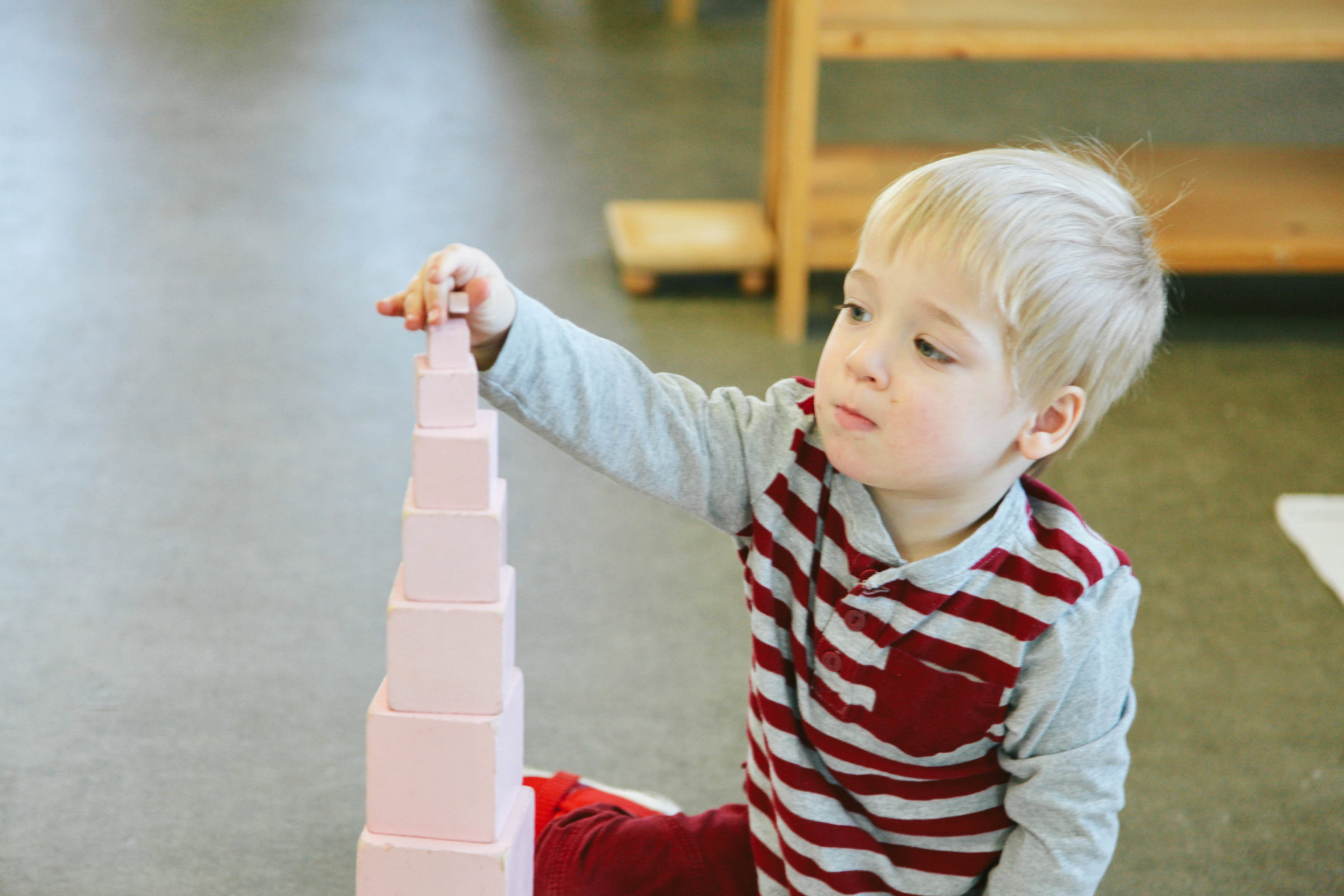The Origins of Discipline
Thoughts & Reflections

Discipline has a very punitive connotation in our society. The origins of the term, however, are much different. Discipline derives from the latin, discipulus, which literally means, “to learn”. Disciple, of course, has a very different intimation than discipline, especially in our contemporary landscape.
With disciple comes thoughts of, ‘instruction, teaching, learning, knowledge’: basically, a student of education. With discipline, though, our society has a much different understanding. Typically, we think about punishment, i.e.: a wrong that needs to be corrected.
We thought we would take this opportunity to express and explain the Montessori approach to discipline. In point of fact, Montessori has nothing to do with ‘discipline’, conceived as punishment. Instead, it is our ambition to foster what could be termed, on this same model of thought, ‘self-discipline’.
What is our role as educators? Well, in our estimations, our responsibility is to help children gain their independence and confidence: to learn to think and act on their own accord, with their own motivations and inclinations. We live in a world that sets limitations for children. Our goal is to help children overcome these limitations.
How? This prompt drives to the heart of the Montessori approach to discipline. It is our job to create the conditions in which the children can succeed. Here’s an example: A three-year-old student, who knows how to use the zipper, (because he’s practiced with it repeatedly in the classroom and has had assistance from his family at home), starts to get frustrated when faced with the challenge of zipping up his coat.
“I can’t do it,” he exclaims. He’s distressed and agitated, bending himself out of shape. So, what’s our standard, knee-jerk response to this type of situation? Well, we want to help! We want to jump right in and zip up his coat to prevent any tears and alleviate any obstacles. Doing so, however, despite our best intentions, is counter-productive. As Maria Montessori says, “Never help a child with a task at which he can succeed.”
As a Montessori teacher, our job becomes one of support and reassurance. “You can do it,” we profess. “If you need any help, I’ll be right here.” While the child needs to know that we are there, that we’re willing to help at a moment’s notice, they also need to know that we’ll only truly intervene when they absolutely need help. We don’t want to create crutches, we want to accelerate beyond constraints.
Our greatest challenge, then, becomes knowing when to step in and when to step away. The Montessori classroom is not designed to say, “No”. Hence the lack of conflict and outbursts. In essence, there’s hardly any need for “discipline”. We rarely, if ever, have disputes or physical upsurges, because the children are going about their business as they see fit. There are no obstacles impeding their growth, nor any challenges that they’re unprepared to encounter.
The Montessori environment is specifically setup to exclaim, “Yes”. There are no prescriptive, normative applications of “punishments” or “rewards”. We’re here to guide our students, students who are disciples, who will become who they want to become, exceeding even their own expectations.
Written by:
Baan Dek



